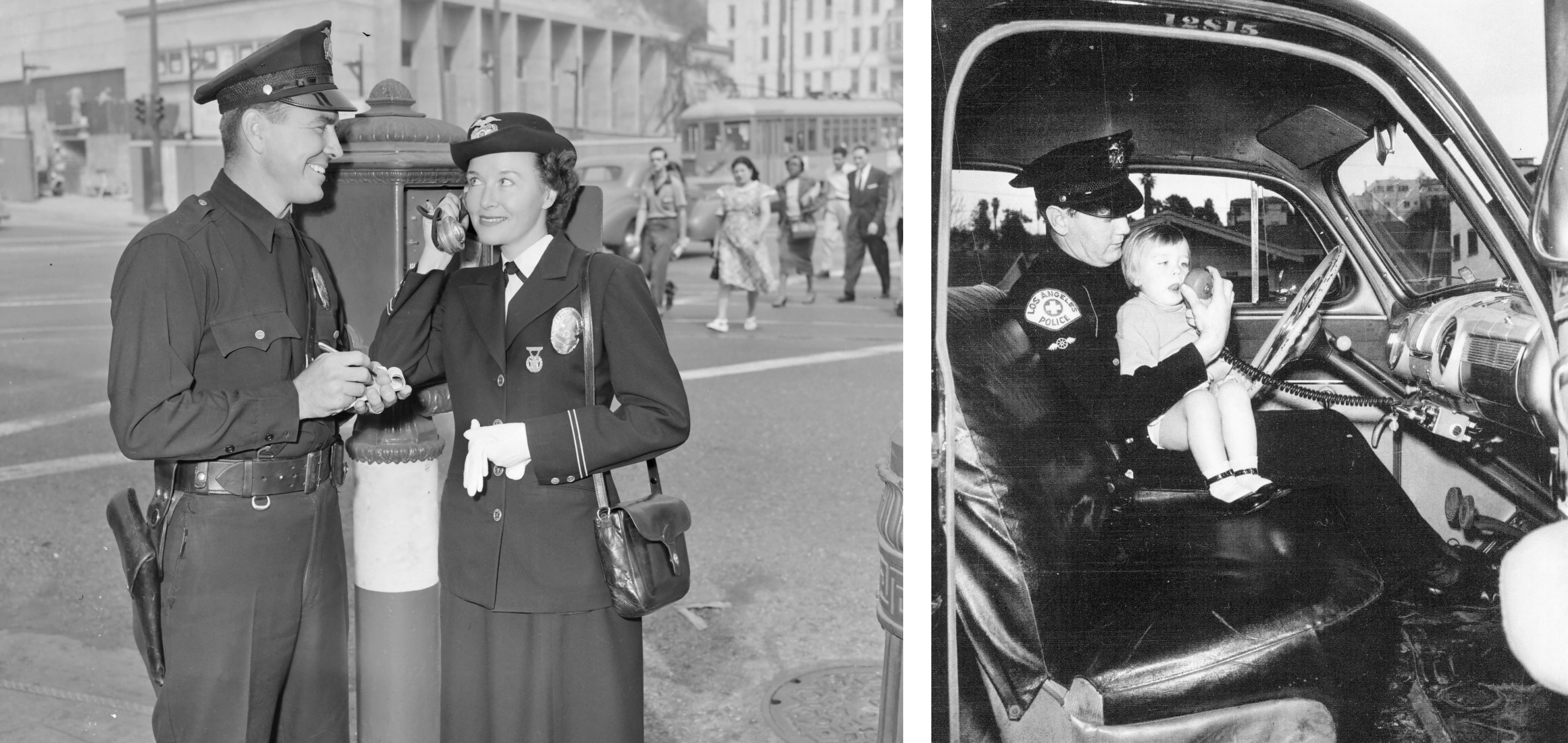"Street Kings: Gritty Cop Thriller Exposing LAPD Corruption" is a powerful and unflinching look at the dark underbelly of law enforcement.
Editor's Notes: "Street Kings: Gritty Cop Thriller Exposing LAPD Corruption" have published today date. This is an important topic to read as it provides necessary insight into the realities of police corruption and the dangers it poses to our communities.
Our team has put together this "Street Kings: Gritty Cop Thriller Exposing LAPD Corruption" guide to help our target audience make the right decision.
Key Differences or Key Takeaways
| Feature | Street Kings: Gritty Cop Thriller |
|---|---|
| Genre | Crime, Thriller |
| Director | David Ayer |
| Cast | Keanu Reeves, Hugh Laurie, Forest Whitaker |
| Release Date | April 11, 2008 |
| Plot | A veteran LAPD officer uncovers a web of corruption within his own department. |
Main Article Topics
The film's gritty and realistic portrayal of police corruption.
The strong performances from the cast, particularly Keanu Reeves as Detective Tom Ludlow.
The film's unflinching look at the dangers of police misconduct.
The film's relevance to current events and the ongoing debate about police brutality.
Conclusion:
"Street Kings: Gritty Cop Thriller Exposing LAPD Corruption" is a powerful and important film that sheds light on the dark side of law enforcement. It is a must-watch for anyone interested in crime thrillers or the realities of police corruption.

Chart: The Worst U.S. States For Corruption | Statista - Source www.statista.com
FAQs: "Street Kings: Gritty Cop Thriller Exposing LAPD Corruption"
This FAQ section provides essential information and clarifies misconceptions about "Street Kings."
Question 1: What is the film's main focus?
The film delves into the rampant corruption within the Los Angeles Police Department (LAPD), particularly within the Special Investigation Section (SIS), a secretive unit known for its aggressive tactics and cover-ups.

Infographic: Visualizing Corruption Around the World - Source www.visualcapitalist.com
Question 2: How does the film approach the theme of corruption?
Through the eyes of Detective Tom Ludlow, a conflicted protagonist, the film exposes the insidious nature of police corruption and the devastating consequences it has for both the individual officers and the community they are sworn to protect.
Question 3: What are the film's strengths?
"Street Kings" showcases a gritty and authentic portrayal of police corruption, supported by a stellar cast, including Keanu Reeves, Forest Whitaker, and Hugh Laurie. The film's realistic depiction and suspenseful plot keep viewers engaged throughout.
Question 4: What are some criticisms of the film?
While the film effectively captures the grim realities of corruption, it has been criticized for perpetuating negative stereotypes of police officers. Additionally, some viewers find the violence and brutality difficult to watch.
Question 5: Is the film based on a true story?
No, "Street Kings" is a fictional narrative inspired by the real-life corruption scandals that have plagued the LAPD. However, the film draws upon well-documented cases to create a believable and thought-provoking portrayal of the issues at hand.
Question 6: What impact did the film have?
Released in 2008, "Street Kings" sparked discussions about police accountability and the need for transparency within law enforcement. It also helped raise awareness of the damaging effects of corruption, both on individuals and on the public's trust in the police.
In conclusion, "Street Kings" offers a powerful and unflinching look at police corruption, leaving viewers to grapple with its complex consequences.
Proceed to the next section to explore additional insights into the film.
Tips
Unveiling the intricate web of corruption within the Los Angeles Police Department,
Street Kings: Gritty Cop Thriller Exposing LAPD Corruption delivers an incisive exposé that sheds light on the sinister elements lurking within law enforcement. Through its gripping narrative and unflinching depiction of police brutality, the film offers valuable insights into the challenges of maintaining integrity in such a corrupt environment. Here are several tips inspired by this powerful cinematic exploration:
Tip 1: Question Authority
Within a corrupt system, authority figures may abuse their power for personal gain. It is crucial to remain skeptical of their actions and hold them accountable. Questioning orders that violate ethical or legal boundaries is essential for maintaining integrity.
Tip 2: Seek Support from Honest Colleagues
In a corrupt environment, it can be isolating to stand up for what is right. Seeking support from colleagues who share ethical values provides strength and resilience. Together, they can create a network of resistance against corruption.
Tip 3: Follow Due Process
Upholding due process is paramount to prevent abuse of power. Adhering to proper procedures and respecting the rights of suspects ensures fairness and transparency within the justice system.
Tip 4: Report Corruption
Silence emboldens corruption. Reporting instances of misconduct to appropriate authorities is vital to expose and dismantle corrupt practices. Whistleblower protection measures should be implemented to safeguard individuals who come forward with such information.
Tip 5: Demand Accountability
Holding corrupt officers accountable sends a strong message that such behavior will not be tolerated. Demanding thorough investigations, disciplinary actions, and criminal prosecution if necessary ensures that those who abuse their power face the consequences.
Tip 6: Promote Transparency
Transparency fosters trust and reduces opportunities for corruption. Implementing measures such as body cameras, independent oversight, and public access to police records increases accountability and discourages misconduct.
Tip 7: Educate the Public
Raising awareness about police corruption is crucial for building public support for reform. Films like
Street Kings, documentaries, and public forums can shed light on the issue and galvanize citizens to demand ethical policing.
Tip 8: Advocate for Systemic Change
Addressing the root causes of corruption requires systemic change. Advocating for reforms such as improved recruitment practices, better training, and increased community oversight can help create a more ethical and accountable police force.
In the fight against police corruption, these tips provide a roadmap for ethical conduct, accountability, and transparency. By implementing these principles, we can strive to create a justice system that serves all citizens fairly and protects their rights.
Street Kings: Gritty Cop Thriller Exposing LAPD Corruption
Street Kings dives deep into the complexities of police corruption within the Los Angeles Police Department (LAPD), unveiling a gritty and thought-provoking narrative that exposes the dark underbelly of law enforcement.
- Unflinching Realism: The film's raw and authentic depiction of police brutality and corruption.
- Corrupt Institution: The systemic nature of corruption within the LAPD, implicating both officers and superiors.
- Moral Ambiguity: The protagonist's struggle with morality as he navigates the blurred lines between right and wrong.
- Vengeful Vigilante: The vigilante actions of the protagonist, driven by a thirst for justice and fueled by personal loss.
- Collateral Damage: The far-reaching consequences of police corruption, impacting innocent lives and tarnishing the reputation of law enforcement.
- Redemption and Retribution: The protagonist's journey towards atonement and the consequences faced by those responsible for the corruption.
These aspects intertwine to create a powerful and thought-provoking narrative that exposes the corrosive effects of corruption on both individuals and institutions. The film's gritty realism and unflinching portrayal of moral ambiguity challenge viewers to question the complexities of law enforcement.
Street Kings: Gritty Cop Thriller Exposing LAPD Corruption
"Street Kings" is a gritty and suspenseful cop thriller that exposes the deep-seated corruption within the Los Angeles Police Department (LAPD). The film follows the story of Tom Ludlow (Keanu Reeves), a veteran LAPD detective who becomes entangled in a web of lies and deceit after his partner is murdered.

Lapd Badge History - Source proper-cooking.info
As Ludlow investigates his partner's death, he uncovers a vast conspiracy involving crooked cops, drug dealers, and politicians. He soon realizes that the LAPD is not what it seems and that the line between right and wrong is blurred. "Street Kings" is a powerful indictment of police corruption and a reminder of the importance of holding those in power accountable.
The film is based on real-life events, including the Rampart Division scandal, in which dozens of LAPD officers were implicated in corruption and brutality. "Street Kings" shines a light on the dark side of law enforcement and the consequences of unchecked power.
The film's practical significance lies in its ability to raise awareness about the problem of police corruption and to hold those in power accountable. It also serves as a reminder that the fight against corruption is an ongoing one and that we must all be vigilant in protecting our rights and freedoms.
| Key Insight | Real-Life Example |
|---|---|
| Police corruption is a systemic problem. | The Rampart Division scandal |
| Corrupt cops often abuse their power. | The Rampart Division officers planted evidence, framed suspects, and used excessive force. |
| Citizens must be vigilant in holding police accountable. | The Rampart Division scandal was exposed by journalists and community activists. |
Conclusion
"Street Kings" is a powerful and disturbing film that exposes the deep-seated corruption within the LAPD. The film is a reminder of the importance of holding those in power accountable and of the ongoing fight against corruption.
The film's message is clear: police corruption is a systemic problem that must be addressed. We must all be vigilant in protecting our rights and freedoms and in holding those in power accountable.